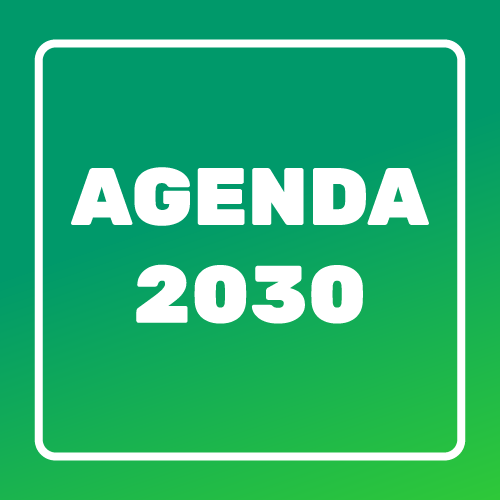The challenge for Brazilian communicators

Paulo Nassar*
With two months until the start of the Olympic Games in Rio de Janeiro, Brazil is facing the most significant crisis in its history. The country has experienced a great deal of economic turmoil and unprecedented social, political and ethical instability. This has also generated a serious crisis in the communications area because of the impact these issues have on the country’s identity, image, reputation, its people and institutions. The current situation offers a challenge for communications professionals who will operate in Brazil under the watchful eyes of the global community.
Overcoming the crisis will depend on our ability to communicate to the world the actions Brazilians are taking to restructure and modernize the state, such as reforms in administrative governance, politics and ethics. In addition, we must give greater visibility to how we manage our relationships with society, its citizens and its entrepreneurs. In the field of global business communications, few know of the excellent training Brazilian communicators receive, and of the support of institutions like Aberje, who have expanded the dialogue between Academia and the Market, not only helping to produce more competent and versatile professionals, but as well to enhance a public interest agenda.
Promoting Brazil as a country of the future is the greatest contribution the communications community can make to the nation at this time. This change in perception should attract investment in innovation and infrastructure, and promote the development of technologies of the future. Examples of this can be seen in the biotechnology sector, which benefited from Brazil’s biodiversity research, and in urban transport, which has facilitated mobility and created an inclusive city for its people.
The exposure of corruption in Brazil only reveals one side of the country to the world. Although real, it does not acknowledge the dynamic and thriving Nation that we have become. It is no easy task to purge corruption and change the political structure of a country. Brazil has proven to be a strong democracy, despite its imperfect institutions, and it is working to implement new standards of transparency and ethics in its business practices.
All of this will only be possible with a robust and structured communication effort in our companies and institutions that, as part of a public dialogue, plays a central role in strengthening the country’s narrative and reestablishing international credibility and confidence in Brazil.
For this reason, I repeat, the present environment is an enormous challenge for us as communications professionals. After all, in theory, there is no one better than us to manage crises and build reputations.
*Paulo Nassar is the President of Aberje and a professor at ECA-USP (School of Communications and Arts, University of Sao Paulo)
Destaques
- Comunicadores homenageiam a memória de 38 anos de Anna Challa junto à Aberje
- Anna Chala, ex-funcionária da Aberje, falece aos 90 anos
- Adaptação radical marca o cenário de gestão da reputação em 2025
- Rochelle Ford assume liderança da Page Society com visão inovadora para a comunicação global
- Aberje publica relatório de participação na Plataforma Ação para Comunicar e Engajar (PACE), do Pacto Global
ARTIGOS E COLUNAS
Luis Alcubierre O viés de confirmação interpretativaCarlos Parente As sutilezas no ofício da comunicação, para não ofuscar o Rei SolPaulo Nassar Anna ChalaPatricia Marins Meta e o fim da checagem de fatos: por que a Dieta da Comunicação é essencial para a gestão da reputação em 2025Thais Andreoli Gestão de crises: transparência ou discrição?































